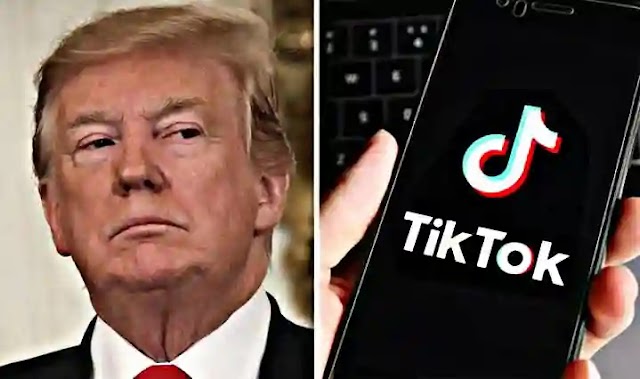TikTok, known for short videos of people lip-syncing and dancing to their favorite songs, confronts other social networks with a problem: hate speech.
This year, TikTok announced on Thursday that it has removed over 380,000 videos from the US for violating hate speech laws. More than 1,300 accounts were also banned by the company for hateful content or behaviour, and over 64,000 hateful comments were taken down.
TikTok defines hate speech as content designed, threatened, abused or dehumanized by individuals or groups based on protected attributes such as race and religion, language, gender identity, national origins and more.
According to a report released in August by the Anti-Defamation League, the short-form video app, which is used by 100 million Americans, is filled with content which promotes white supremacist groups and antisemitism. Civil rights activists have urged social networks to do more to pull hateful content down on their sites, including Facebook.
TikTok has other issues outside of the hate speech to think about. Trump administration has targeted it, because the video app is owned by ByteDance, a Chinese tech company. The President has signed two executive orders concerning the future of TikTok. Another order will bar all US dealings with ByteDance and its subsidiaries, meaning that if it is not sold to another business by Sept. 20, TikTok will be effectively banned in that country. Another executive order, signed last week, ordered ByteDance, within 90 days, to sell TikTok's US operations. The orders allude to TikTok's national security issues. The organization has said that even if asked to do so, it would not hand over US consumer data to the Chinese government.
Microsoft, Oracle and Twitter were in discussions with ByteDance about buying US operations from TikTok. But purchasing a social media platform also means they will have to deal with problems related to content management. Microsoft co-founder Bill Gates has defined a new agreement with TikTok as a "poisoned chalice" in an interview with Wired, adding that "being big in the social media business is not a simple game."
Eric Han, who manages security at TikTok in the U.S., said in a blog post that the company plans to strengthen its hate speech policy and how it tackles this issue. He outlined five ways in which TikTok tries to tackle hate speech. The company consults with experts to make any changes to its hate speech policy and takes action by blocking accounts by not including offensive material in search results against this form of content. For example, when users search the app for "Hail Hitler," the company does not show these results or refer them to its rules against hate speech. The company also trains moderators of content to understand the different cultures.Some groups have reclaimed ethnic slurs to fight back against people who try to use derogatory terms to oppress them. TikTok said it's trying to make content moderation more transparent and invest in tackling hate speech.




0 Comments